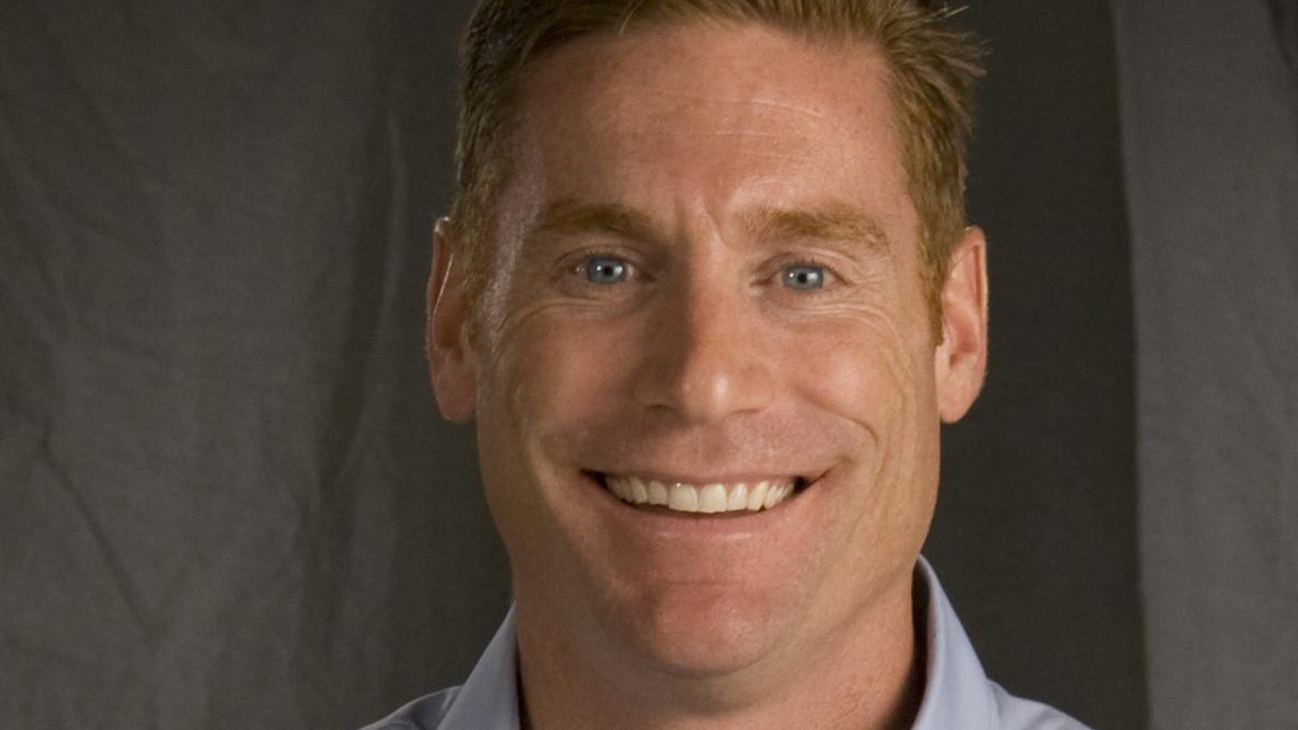While serving as the Director of Mental Training for the St Louis Cardinals,Dr. Jason Selk helped the team win their first World Series in over 20 years, and in 2011 he assisted the Cardinals in the historic feat of winning their second World Championship in a six year period. Considered to be one of the world’s premier performance coaches, Dr. Selk helps well-known professional and Olympic athletes, as well as Fortune 500 and Fortune 100 executives and organizations, develop the mental toughness necessary for high-level success. In this article for Forbes, Dr. Selk talks about the importance of managing expectations at work:
“Relationship” is one of the most over-used words I hear with my business clients. Coming from the sports world, it is not a word I was used to hearing. My first day with the St. Louis Cardinals, the Assistant GM John Mozeliak told me that if the players I was working with didn’t outperform the rest, I would be fired immediately.
Although it wasn’t much of a warm and fuzzy way to start, my expectations were effectively managed. I knew very clearly what was expected and what would happen if I didn’t live up to those expectations.
Keep in mind, you were not hired to become your boss’s friend. You were hired to do your job. I have found one of the most effective ways to build a “professional” relationship is to properly manage expectations. To manage expectations means to let people know the good and bad of what they should expect about being in a relationship with you. Most people are fairly good at giving the potential good news, but it is the honesty about the potential for the negative that builds trust with people.
- From a Physician: “Here is what you should expect with the surgery next week. You need to arrive at 8:00am, and for the first hour you will be in pre-op. At 9:00am you will receive anesthesia, and by 9:15 surgery will begin. Surgery will last approximately 45 minutes, unless there is something else going on in there, which I am 90% certain is not the case. If all goes as expected, you will be out by 10:00am and ready to leave the surgery center by noon.”
- From a Pilot: “Good morning. As of right now it looks like we will be departing today on time. We have a flying time of 1 hour and 48 minutes, and we should be at the gate for an on-time arrival. Unfortunately, we have some choppy air out there, so you will experience some turbulence on take off and probably some on descent, as well. Not to worry, though. This is a great aircraft, and we should make it though just fine.”
- From a Financial Advisor: “Please allow me to manage expectations about our working together. We will meet in person 1 time per year for an overall account review. In addition, we will have 6 scheduled calls where we will touch base and make any adjustments needed. Those calls will last no more than 15 minutes. You can call me anytime you like with questions. Your fees will be 1% of your total account value. In every 4-year period, you should expect your investments to go up in value 3 years and down in value 1 year. Just remember 3 up and 1 down.”
Make it a point today to identify one area that you could do a better job of managing expectations at work. Remember, the goal is to develop professional relationships, and this is best done when people know what to expect from you. Then, of course, you must deliver.
Consider these 2 questions to help you assess how well you are managing expectations:
1. On a scale of 1-10, how well have you managed expectations in terms of time, service, and cost?
2. On a scale of 1-10, how well do you deliver on those expectations?
My experience has been that the highly successful put great energy into forming “professional relationships.” Sure, it’s okay to get to know co-workers and their families; however, the primary focus should be to manage expectations, and then relentlessly deliver.

